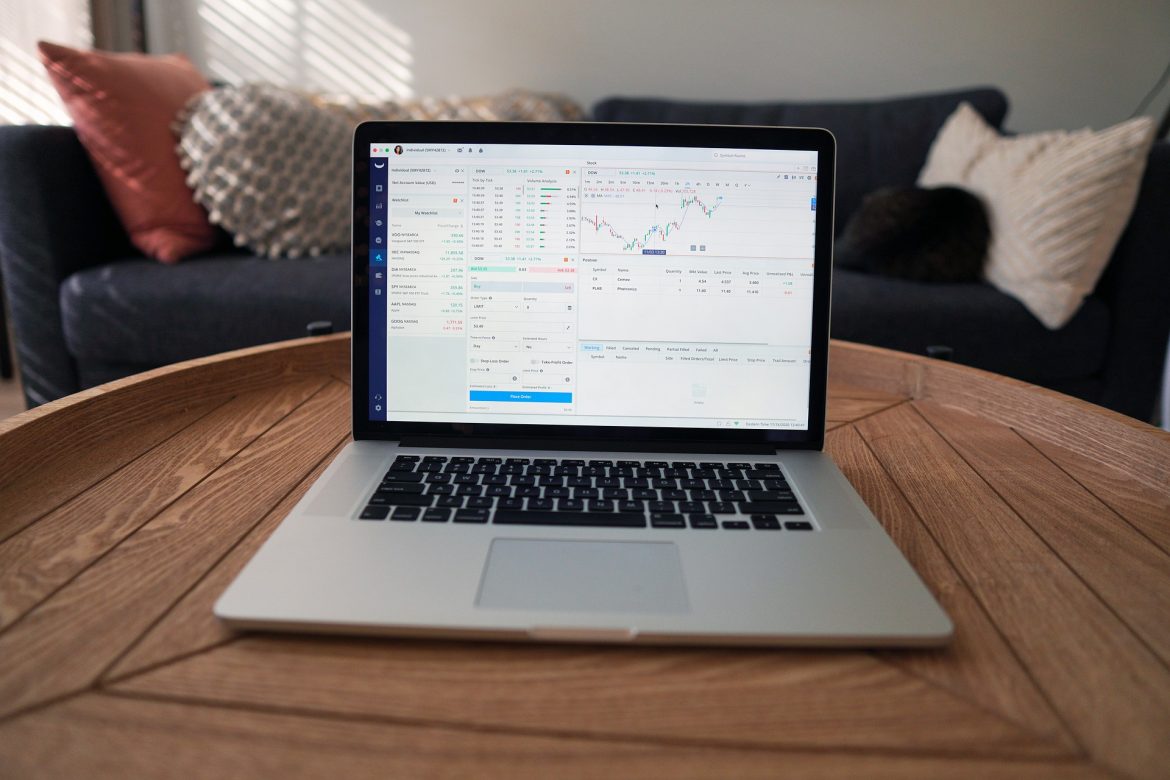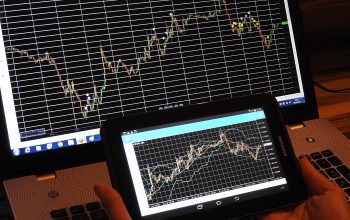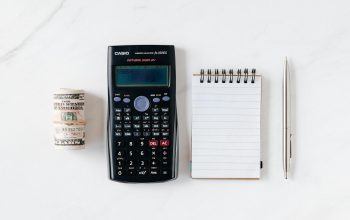What is leverage in forex trading? Leverage, also known as margin, is a critical component of forex trading that allows traders to trade more prominent positions than their account balance. It’s essential to recognize how leverage works and how it can affect your trading results. We’ll discuss leverage, how it affects your trades, and tips for using it safely and effectively.
What is leverage in forex, and why do traders use it?
Leverage is a loan that a broker provides to a trader. It allows the trader to trade a more prominent position than they would be able to with their capital. Leverage is expressed as a ratio and varies depending on the broker and the traded instrument. For example, a 50:1 leverage ratio means that for every $1 in your account, you can trade up to $50.
Leverage can be a valuable tool for traders who want to increase their potential return on investment (ROI). It can also help traders enter and exit trades more efficiently and with less capital. However, leverage can also magnify losses. Therefore, it’s important to use leverage carefully and only with a well-thought-out trading strategy.
How does leverage work in forex trading?
When you trade with leverage, you’re fundamentally borrowing money from your broker to trade. The amount of money that you borrow is called the margin. The margin is the quantity of money required to open a position and the percentage of the total position value.
For example, if you’re trading with a 50:1 leverage ratio and want to trade a $100,000 position, you would need to open a margin account with at least $2,000
If the trade is successful and the market price moves in your favour, you can make a profit. The profit is calculated based on the size of your position and the market’s price movement. For example, if you’re trading with a 50:1 leverage ratio and the market price moves in your favour by 1%, you would make a $500 profit on the trade.
However, if the market price moves against you by 1%, you would make a $500 loss on the trade. And if the market price proceeds against you by 2%, you would lose your entire account balance.
It is why it’s important to use leverage carefully and only with a well-thought-out trading strategy. If the market proceeds against you, you can quickly lose your entire account balance.
What are some of the benefits of using leverage in forex trading?
Leverage can be a valuable tool for traders who want to increase their potential return on investment. It can also help traders enter and exit trades more efficiently and with less capital.
Some of the other benefits of using leverage in forex trading include:
- You can trade with a smaller amount of capital.
- You can trade more prominent positions than you would be able to with your capital.
- You can enter and exit trades more efficiently.
- You can profit even if the market price only moves a small amount in your favour.
What are some of the threats of using leverage in forex trading?
Leverage also has some risks that you should be aware of. The most significant risk is that you can quickly lose your entire account balance if the market moves against you. Other risks of using leverage in forex trading include:
- You may be required to put down a deposit, called a margin requirement.
- The broker may charge you interest on the loan, called a rollover fee.
- You may be subject to capital gains tax if you make a profit on your trade.
How can you use leverage safely and effectively in forex trading?
Leverage can be a valuable tool for traders who want to increase their potential return on investment. However, it’s important to use leverage carefully and only with a well-thought-out trading strategy.
Conclusion
Leverage is an essential tool that forex traders can use to increase their potential return on investment. However, it’s important to use leverage carefully and only with a well-thought-out trading strategy. If the market proceeds against you, you can quickly lose your entire account balance.







